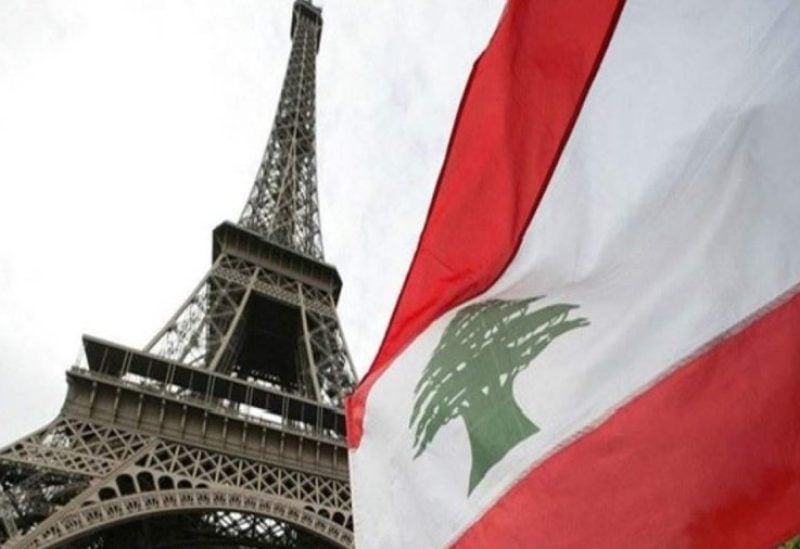
The Lebanese flag near the Eiffel Tower in Paris
The question that arises is: Did France abandon interest in the Lebanese issue in the wake of Israel’s war on Gaza and the emergence of this issue as an international priority? Or that France, despite other international priorities, especially the Russian war on Ukraine, did not stop its interest in Lebanon at a time when the major powers were preoccupied with it, leaving its decision to international-regional circumstances.
A French diplomatic source told Sawt Beirut International that France remains interested in the Lebanese file, which is a priority for President Emmanuel Macron. But the priority that was given to the file of reorganizing power in Lebanon, starting with finding a new president of the republic who was agreed upon by all, was overshadowed by a new priority given the Israeli war on Gaza and the regional repercussions and negative repercussions that it might produce, which France and the major powers sought to avoid and their influence on Lebanon. So the current priority is to spare Lebanon from the effects of the war and to avoid it entering the furnace of its expansion to include the entire region.
Sources reveal that France has so far succeeded in sparing the Lebanese people new tragedies of war. Despite this, it strongly calls for avoiding any mistakes made by any party that would take the region towards all-out war.
However, the repercussions on Lebanon are still limited to the rules of engagement, even if France prefers that there not be any military action between Lebanon and Israel. The day before yesterday, Wednesday, during the closed session to discuss the report of the Secretary-General of the United Nations, António Guterres, on the course of implementing Resolution 1701, its representative in the Security Council focused on the necessity of adhering to the text of the resolution, and returning the situation in the south to its discipline, calm, and stability. France considers that not violating the rules of engagement means that matters have not entered the orbit of war, but at the same time it confirms the fragility of the situation, which leads to fear of getting out of control.
All of this, according to the sources, does not mean that the French initiative led by President Jean-Yves Le Drian’s envoy has stopped, but rather that he will return to Lebanon and will continue his efforts for a presidential solution and to achieve the program of economic and administrative reforms required of Lebanon, after also working towards helping to form a new government, and helping in its cooperation with the International Monetary Fund.
At this time, France has not stopped its bilateral cooperation programs with Lebanon in various fields, especially assistance to the Lebanese army, and this is essential for France. Paris, which does not wish to interfere in Lebanese entitlements, but the current situation of the army opens the door to the idea that a vacuum in its leadership is undesirable for it, and it provided advice to all Lebanese parties on the need to address the issue quickly so that the vacuum does not have a negative impact and place Lebanon in a difficult circumstance in light of its delicate conditions and the situation in the surrounding region.
Regarding the French judicial ruling to arrest Syrian President Bashar al-Assad, the sources explained that this matter has nothing to do with the situation in the Middle East and Gaza. It is a legal case that has been open since 2013 by Syrian associations and individuals in France related to the regime’s chemical attacks on the Syrian people. Now a ruling has been issued on this lawsuit.